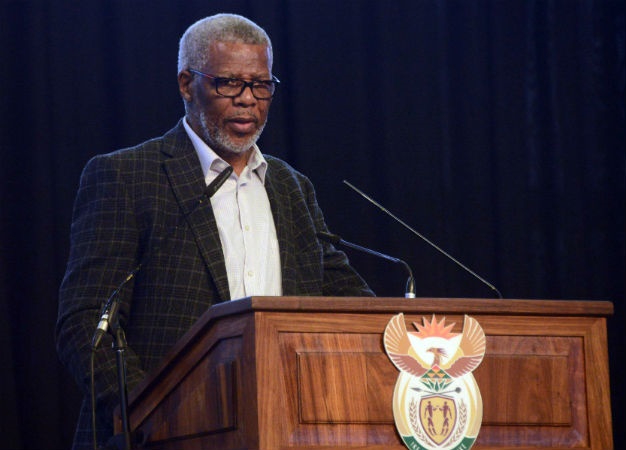At least 22% of instances of alleged corruption reported to non-profit organisation Corruption Watch in 2018 focused on corruption in the education sector, the NPO's latest annual report says.
Also, 45% of the approximately 4 200 reported incidents came out of Gauteng. This emerged as Corruption Watch on Wednesday released its seventh annual corruption report.
Released in the 25th year of a democratic government in South Africa, the report is titled Upholding Democracy.
In a statement, Corruption Watch said that, "at a broader level, the report underlines how corruption erodes the pillars of our democracy, taking hold of key institutions of accountability that should exercise oversight of our leaders, and gives rise to the kinds of abuse of power and impunity that we have witnessed as a result".
Since its establishment in 2012, Corruption Watch has largely relied on reports of corruption from the public in its efforts to fight it and work towards greater accountability.
'Fight back against state capture'
In its public engagements, Corruption Watch heard first-hand accounts of people who had suffered the effects of corruption in a variety of ways.
"These included abuse at the hands of the police in communities in the Western Cape, the failure of mining companies and authorities to honour the mineral rights of people living in mining towns in the North West, and the dire consequences of corruption in the Gauteng Department of Health for those requiring public health services."
Corruption Watch's executive director David Lewis, in his focus on the need to support the institutions that protect South Africa's democracy, comments on how such key institutions – for example, Parliament and the National Prosecuting Authority (NPA) – were compromised to sustain the alleged corruption on the scale evident in the era of state capture.
"On the other hand," Lewis adds, "we saw how other institutions of our democracy led the fight back against state capture. Robust and independent civil society, media and judiciary are key indicators of a functioning democracy and in our country, these are widely acknowledged for their leading role in confronting state capture."
The Upholding Democracy report comes 27 days before South Africans go to the polls in what some consider to be the most important election since 1994, while a maelstrom of controversies have engulfed the governing party amid damning allegations of corruption and state capture being levelled against its secretary general, Ace Magashule.
Read the full report here.
